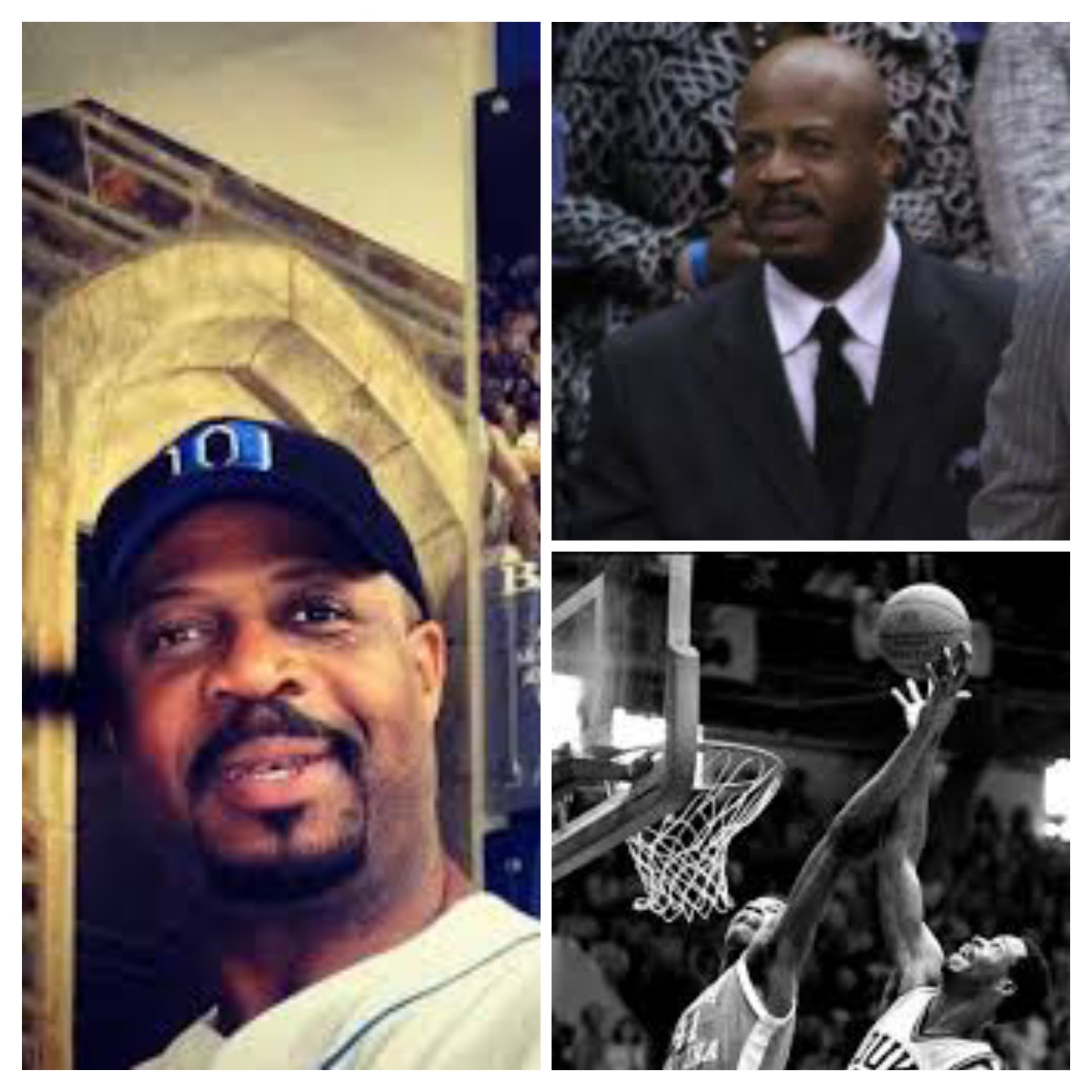Forgotten but Foundational: How Gene Banks Risked It All to Ignite the Duke Dynasty
When the history of Duke basketball is recounted, the narrative usually begins with Mike Krzyzewski’s hiring and crescendos through Christian Laettner’s buzzer-beaters, Grant Hill’s elegance, J.J. Redick’s long-range heroics, and Zion Williamson’s explosive stardom. But before the championships, before “Cameron Crazies” became a brand, and before Duke was synonymous with college basketball royalty—there was Gene Banks.
And somehow, despite everything he sacrificed and accomplished, his name is rarely mentioned.
The First Flame
In 1977, Duke was known more for its academic rigor than basketball dominance. Its athletic program had promise but lacked consistent firepower or cultural relevance in the sport. That all changed when Gene Banks—a charismatic, 6-foot-7 forward from Philadelphia and the nation’s top Black recruit—shocked the college basketball world by signing with Duke over blue-bloods like UCLA, Indiana, and North Carolina.
Banks wasn’t just a star on the court. His choice to attend a predominantly white southern institution was a cultural statement. It challenged norms and broke barriers at a school and in a region still adjusting to racial integration.
“It wasn’t just about basketball,” Banks once said. “It was about making a difference.”
And he did.
The Blueprint Before the Dynasty
Banks didn’t just play for Duke—he transformed Duke. As a freshman, he led the team to the 1978 NCAA championship game, where they fell to Kentucky. His arrival gave Duke immediate national credibility. In four years, he averaged 16.8 points and 7.9 rebounds, became a three-time All-ACC selection, and left as the third all-time leading scorer in school history.
He wasn’t just producing numbers—he was crafting the identity of Duke basketball before Coach K ever took the sideline.
His flair was iconic: a signature headband, no-look passes, and a court presence that oozed confidence and swagger. But even more than that, he made it cool for future stars to choose Duke.
A Silent Burden
Yet, for all of his contributions, Gene Banks carried burdens few could see. As one of the few high-profile Black athletes on campus at the time, Banks endured racism from opposing fans, subtle isolation within the university, and relentless pressure to be perfect.
“I was the guy who had to do everything right, all the time,” Banks later recalled. “There wasn’t room for mistakes.”
Despite doing everything right, Banks found himself gradually written out of the program’s mythos. His name was rarely invoked when the conversation turned to Duke’s “founding fathers” of greatness. No retired jersey. No statue. No prominent presence in the highlight montages.
Coach K arrived at Duke in 1980—Banks’ junior year. Their one season together laid foundational chemistry and competitiveness, but Banks graduated before Krzyzewski could build what would become a college basketball empire. In many ways, Banks was the scaffolding—torn down before the building was unveiled.
Erased by Glory
Time hasn’t been kind to Gene Banks’ legacy at Duke—not because he didn’t earn it, but because history often forgets its earliest builders.
“Without Gene Banks, there’s no Christian Laettner. No Grant Hill. No Duke as we know it,” said one former teammate. “He was the bridge between what Duke was and what it could become.”
And yet, his jersey doesn’t hang in Cameron Indoor Stadium. His name doesn’t echo during halftime tributes. The players who followed stood on his shoulders, but the spotlight never reached him.
A Legacy Demanding Recognition
Gene Banks went on to play in the NBA with the San Antonio Spurs and Chicago Bulls, continuing his career with grace. He later turned to coaching and youth mentorship, always focused on giving back to the game.
“I don’t need a statue,” he once said. “But I hope the truth of what we did, what we overcame, is told.”
That truth? He walked so others could run. The dynasty that is Duke basketball was built on Banks’ courage, talent, and sacrifice.
And the time has come to reclaim his place in history.
Epilogue: Beyond Stats, A Symbol
Gene Banks wasn’t just a scorer or a rebounder—he was a cultural force. A game-changer. A visionary. He was Duke basketball’s first true ambassador of belief.
In telling his story, we’re not just highlighting the past—we’re correcting it.






















